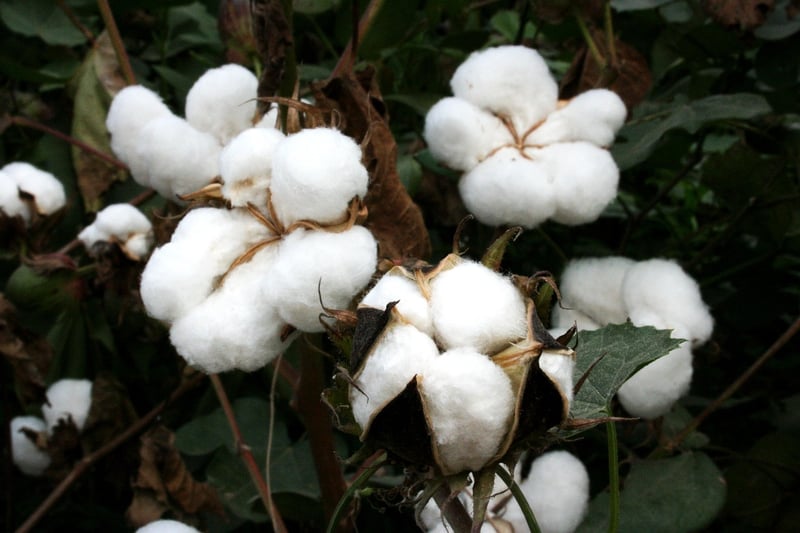Recycled Fabrics
Exploring Eco-Friendly Materials and Recycled Fabrics
As we become more conscious of our environmental impact, the demand for eco-friendly materials and recycled fabrics is on the rise. Choosing sustainable options not only helps preserve our planet but also promotes a healthier lifestyle. Let's delve into the world of eco-conscious textiles and see how they are revolutionizing the fashion and design industry.
Eco-Friendly Materials
1. Organic Cotton: Organic cotton is grown without the use of harmful pesticides and chemicals, making it safer for the environment and the workers involved in its production.
2. Bamboo: Bamboo is a fast-growing plant that requires minimal water and no pesticides to thrive. It is biodegradable and offers excellent breathability, making it a popular choice for clothing and home textiles.
3. Hemp: Hemp is a versatile and durable material that grows quickly and requires little water. It is known for its strength and sustainability, making it an ideal alternative to traditional fabrics.
Recycled Fabrics
1. Recycled Polyester: Made from recycled plastic bottles, recycled polyester helps reduce plastic waste in landfills and oceans. It has the same quality and performance as virgin polyester but with a lower environmental impact.
2. Recycled Nylon: Recycled nylon is produced from discarded materials like fishing nets and industrial plastic waste. It is a durable and versatile fabric that can be used for a variety of products, from activewear to bags.
3. Recycled Wool: By reprocessing pre-consumer or post-consumer wool garments, recycled wool reduces the need for new wool production and minimizes waste. It retains the quality and warmth of traditional wool while being more sustainable.
Benefits of Choosing Eco-Friendly Materials
1. Reduced Environmental Impact: Eco-friendly materials help conserve natural resources, reduce pollution, and minimize waste generation.
2. Healthier for Consumers: Sustainable fabrics are often free from harmful chemicals, making them safer for consumers, especially those with sensitive skin.
3. Social Responsibility: Supporting eco-conscious brands encourages ethical practices and fair treatment of workers throughout the supply chain.

Embracing eco-friendly materials and recycled fabrics is a step towards a more sustainable future. By making mindful choices in our purchases, we can contribute to a greener world for generations to come.
Join the movement today and make a difference with your fashion and lifestyle choices!
